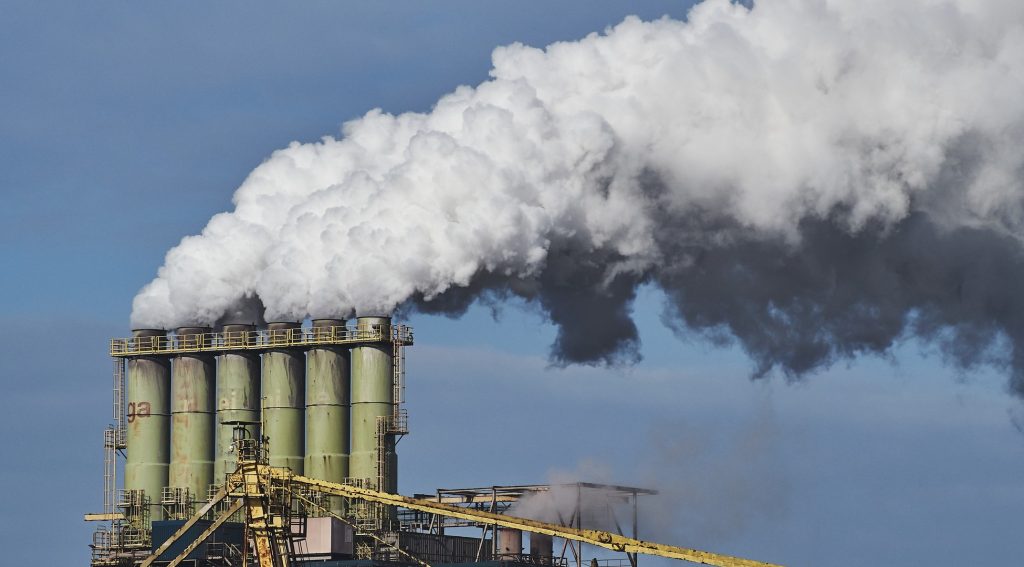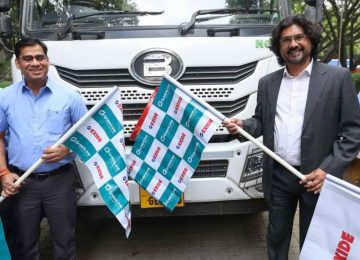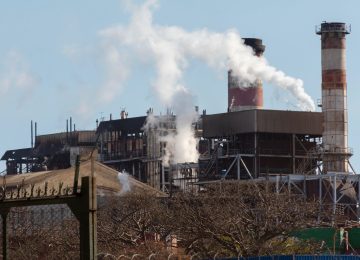The 2025 UN Climate Conference in Bonn faced immediate hurdles as developing nations clashed with the European Union and its allies on critical issues of climate finance and trade measures.
This disagreement delayed the adoption of the conference agenda for nearly two days.
Developing countries, led by the Like-Minded Developing Countries (LMDC) bloc (including India), proposed two new agenda items: one on Article 9.1 of the Paris Agreement concerning climate finance, and another addressing unilateral trade measures like the EU’s Carbon Border Adjustment Mechanism (CBAM).
The LMDC bloc pushed for a discussion on implementing Article 9.1 to ensure predictable, concessional, and transparent climate finance from developed to developing countries.
This follows the COP29 outcome in Baku, which set a new climate finance goal of $300 billion per year, largely through “mobilization” of funds.
Developing nations argued this neglects developed countries’ obligation under Article 9.1 to directly provide public funds, which offer greater predictability and accountability.
On trade measures, the LMDCs sought to reiterate opposition to what they termed “politicization of climate change issues” and “unilateralism and protectionism,” arguing these measures violate UNFCCC principles. This echoes a similar item proposed by the BASIC group (Brazil, China, India, and South Africa) at COP29, which the EU blocked.
Developed countries, including the EU, resisted the inclusion of these two items, stalling the agenda’s adoption. After nearly 48 hours of closed-door consultations, the agenda was finally adopted on the evening of June 17.
The item on Article 9.1 was withdrawn for now, with a promise of “substantive consultations” at SB62. The SB Chairs will report findings at SB63 during COP30 in Belem, Brazil, in November.
The item on unilateral trade measures was also withdrawn, with related issues to be discussed under existing agenda items, including the “just transition work programme.” A footnote will be added to the Just Transition Work Programme agenda to reflect this.
Bolivia, representing the LMDC, and India expressed strong disappointment with the outcome, vowing to revisit Article 9.1 at COP30. Nigeria emphasized the critical importance of Article 9.1, calling it “the blood of the Convention.”
With the agenda now in place, discussions for the remainder of the conference will include the Just Transition Work Programme, the UAE Dialogue on the Global Stocktake, consultations on the Baku to Belem Roadmap on climate finance, and the Sharm El-Sheikh Dialogue on Article 2.1c.











